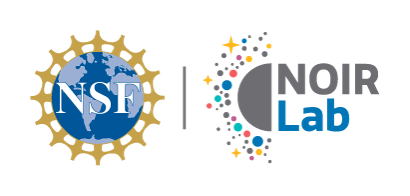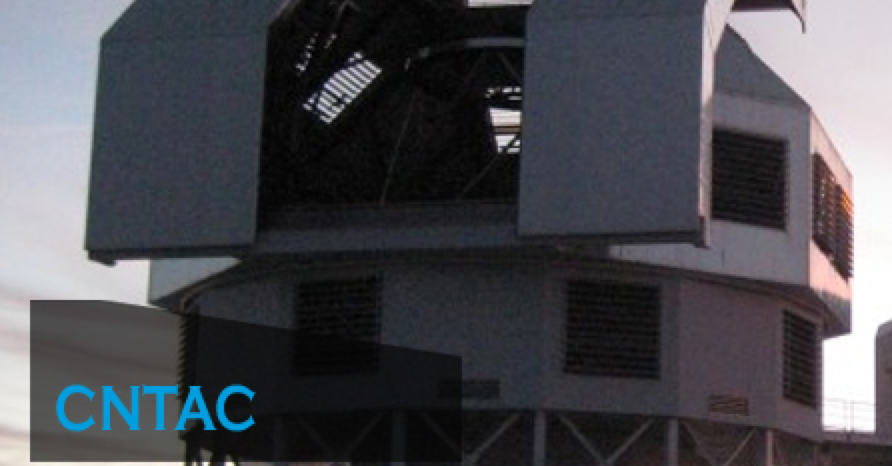Proposing for SOAR
There are different channels through which to apply for time on SOAR (see table). There are a few observatory-wide policies, linked below. Please also see the Remote Observer's Guide if you are considering remote observing for your program. A good starting point in matching capabilities to your needs is the instrument summary page.
- In general, the minimum unit of time that SOAR schedules is 1/2 night. Be aware that it may be difficult to find another proposal to use the other halves of such nights. SOAR policy is to avoid splitting nights between consortium partners unless there are matching half-night requests. Also, it is not possible to change detectors, gratings or filters in the middle of the night, so if you want an unusual configuration it may be impossible to schedule half nights for your proposal.
- We are continuing AEON queue operations, started in 2019B. Proposers from all partners are welcome to propose, subject to the terms of their respective call for proposals.
- The policy for Targets of Opportunity (ToO) was revised September 2019 and effective semester 2020A and 2020B. Until recently the demand for ToO observations has been modest, but we are seeing a substantial increase in proposals. Our policy will likely continue to evolve as well. Anyone who wants to propose a ToO program for SOAR should review the policy before applying for time, every time you propose! The change from the previous policy limits actual interrupts rather than authorizations, and is expected to enable a small number of additional proposals.
- The policy on Visitor Instruments is specified in the SOAR RUI Policy (revised and approved Dec. 10, 2015). You should always contact the observatory before proposing to bring a visitor instrument for the first time. If you are thinking about bringing an instrument, useful specifications can be found on the telescope specification page.
The alternatives for applying for time are listed below:
|
1. If you are an astronomer not based in a Brazilian or Chilean institution, nor at the University of Carolina at Chapel Hill or Michigan State University, then you should apply for open-access time through the NOIRLab time allocation process, which takes place twice per year. Deadlines are the end of September for the following “A” semester (Feb 1 – Jul 31) and the end of March for the following “B” semester (Aug 1 – Jan 31). Survey programs for SOAR are accepted periodically (usually annually), and investigators must submit a letter of intent to propose in advance. Click here for the latest NOIRLab Call for Proposals
|
|
| 2. If you are an astronomer based at a Brazilian institution, then you can apply for time through the Brazil TAC. Information is available at the Laboratório Nacional de Astrofísica (LNA) Website. |
|
| 3. If you are an astronomer based at the University of Carolina at Chapel Hill or at Michigan State University, you can apply for time through your institution's internal process. | |
| 4. If you are an astronomer based at a Chilean institution, you can apply through the Chilean TAC, which is charged with administering Chilean telescope time on SOAR and many other facilities based in Chile. |
Updated on July 5, 2023, 6:12 am




